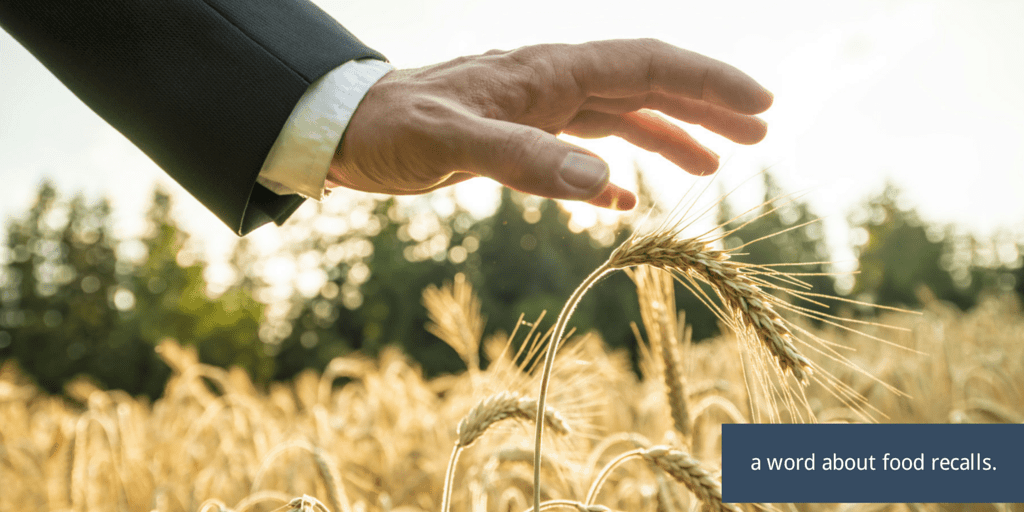
As summer has begun, we’ve already seen a number of high profile food recalls. At the end of May, Kashi announced it was recalling a number of products that may have included tainted sunflower seeds. Earlier this month, the recall was expanded. Earlier in May, Kroger (the parent company of King Sooper’s) announced they were calling frozen vegetables from their line of organic foods. While changes in the way that we regulate and manage our food supply are ultimately what is needed to solve these problems, when recalls happen it can be difficult to know what to do after a food recall.
Manufactures often distribute some limited information about what to do after a food recall. Many manufactures offer refunds (either directly or through wholesalers) for the return of unopened goods. While what happens to these goods varies based on the cause of the recall, most often these surrendered products are destroyed.
Where the situation becomes more complicated, is if you or your loved ones have already consumed an item that has been recalled.
It’s likely that if a particular item of food makes you ill, you’ll remember. That’s because the symptoms are fairly difficult to forget. Violent nausea and diarrhea are common presentations in cases of food poisoning!
Many food tracking apps and banking apps include features that allow you to save a photograph of a copy of your receipt from the grocery store. While using a system like this isn’t a way to prevent food poisoning, it is a good way to make sure that if you become a victim of food poisoning, you’ll have a much easier time assembling the documents a lawyer will need to represent your case.
It’s important to remember that while some food recalls are triggered by illness, today’s food system has improved somewhat over recent years. Manufacturers are now better able to recall products that may have been contaminated before they cause widespread outbreaks of illness. Some food manufacturers value their reputations highly and even recall food as a precautionary measure. This isn’t to suggest that food recalls aren’t serious–they’re very serious. However, ‘food recall,’ isn’t a very accurate name for an increasingly complex process. It doesn’t give you very much information.
Consumers who are looking for more up-to-date information have a few options. Local news outlets often try to cover stories of food recalls but they aren’t always able to due to limited programming time or conflicts of interest. The government maintains a twitter account that routinely updates customers about food recalls and shares some good food safety tips. You can also visit the Food Recalls and Alerts page where you can subscribe to email updates about recalls that may affect your family. In addition, many retailers offer their own programs. Kroger notifies customers who may have purchased recalled items with a special notice printed on checkout receipts.
If you find that you have unopened food that has been recalled, check the notice to find out how you should handle it. Some manufacturers request that return the product to the store where you purchased it, and others provide guidelines for the safe destruction of the item.
We mentioned earlier that if you had become sick after eating a recalled item, the situation was a little more complicated. In addition to the complexity of the food system, there’s a lot we still don’t understand about how certain ingredients interact with our bodies. You’ll want to make sure that you schedule a free consultation with an attorney right away to discuss your case.
